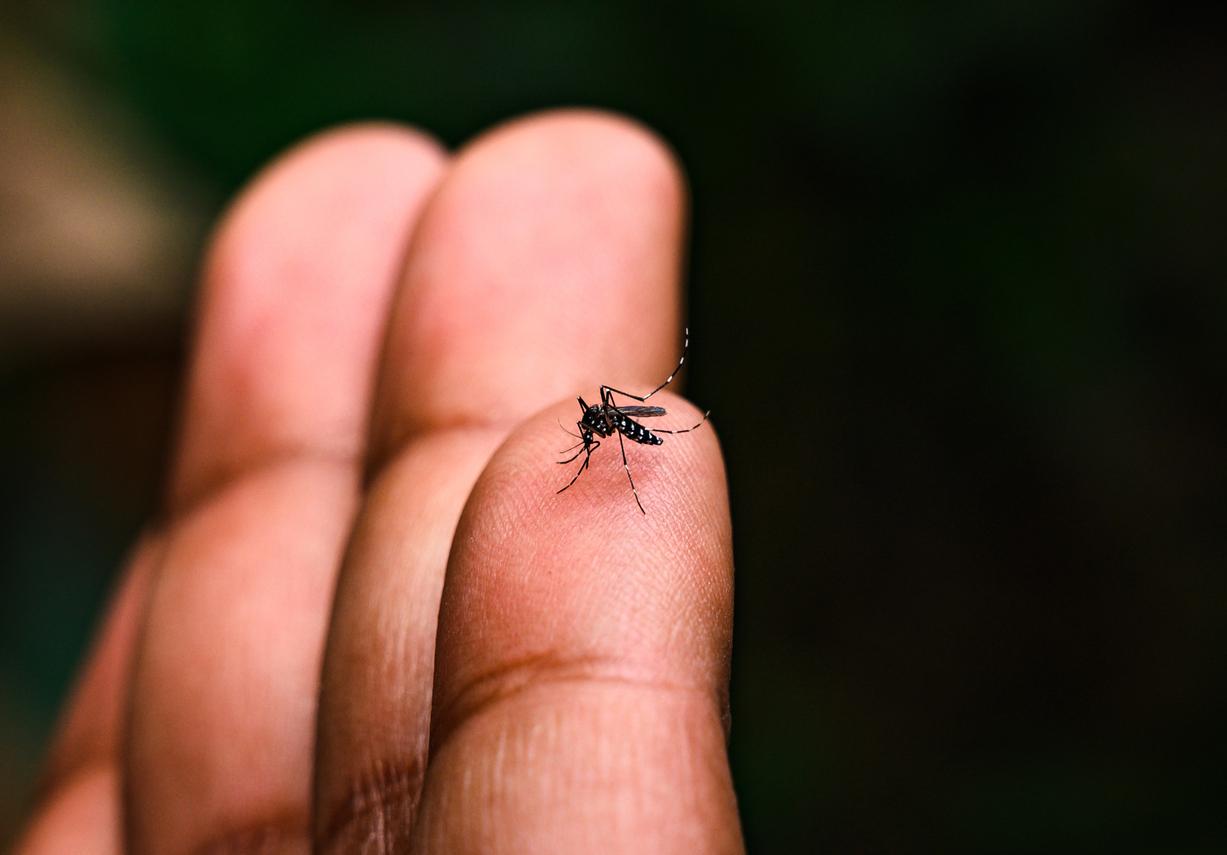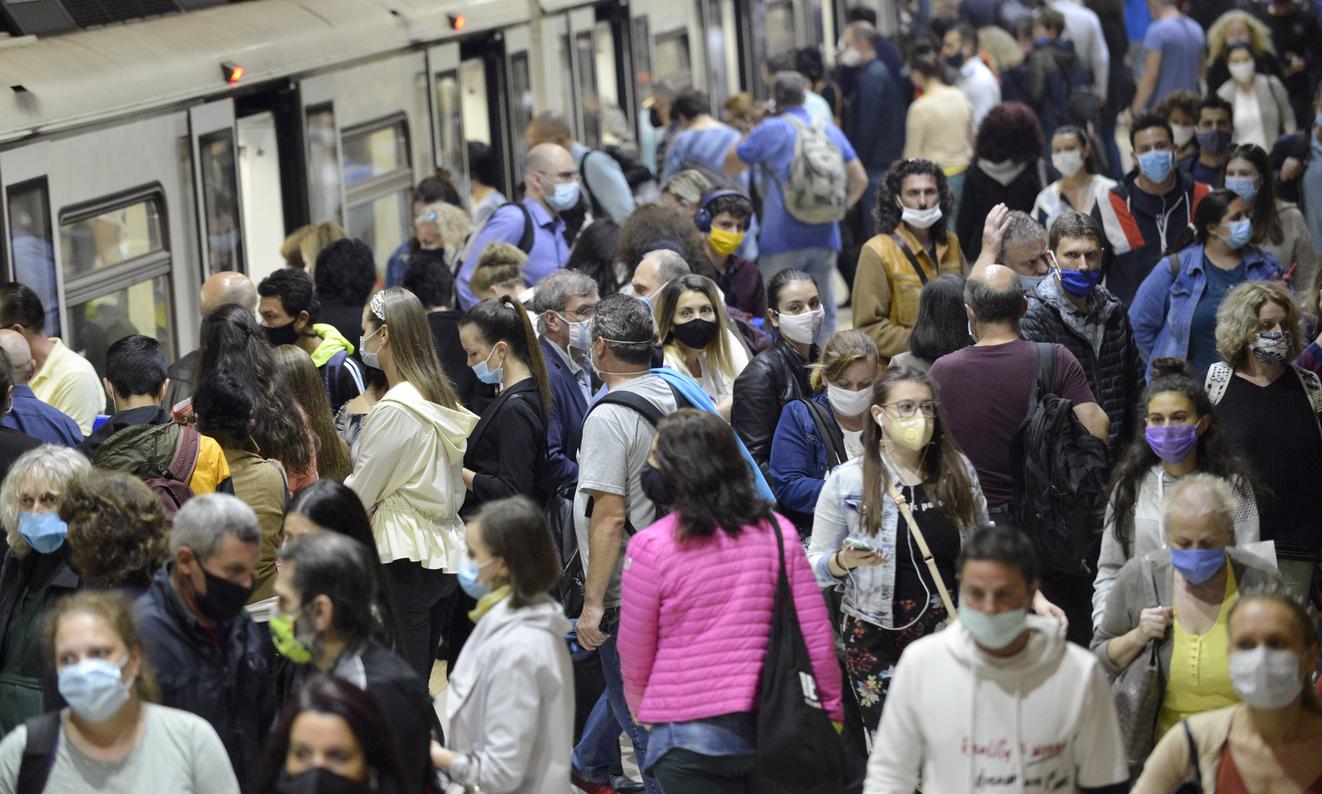
In Australia, researchers have focused on the study of neurological disorders linked to the new coronavirus. They hypothesized a potential “third wave”, Not from Covid-19 infections, but from its forms of neurological damage. Explanations.
What does the study reveal?
The study was published in the Journal of Parkinson’s Disease, “Journal Of Parkinson’s Disease”. It was after finding that Covid-19 is capable of causing damage to the brain, in lower proportions than acute respiratory distress, that scientists from the Florey Institute of Neuroscience and Mental Health conducted their research. Indeed, some patients may suffer from temporary disorders, such as anosmia (loss of smell), but also from more serious conditions such as encephalitis. Coronaviruses are known to be neurotropic, that is, they are able to invade nerve cells. It seems that Sars-Cov-2 is no exception, given the neurological symptoms it can cause. Therefore, these researchers suggest a “silent wave”. The study focuses mainly on Parkinson’s disease and the syndromes associated with it.
Parkinsonism and Covid-19, what is the link?
Parkinson’s disease is a neurodegenerative disease, the characteristic signs of which are uncontrolled tremors, akinesia (slowness of movement) and specific muscle stiffness. It can be accompanied by fatigue, listlessness and movement disorders. Although the origins of the pathology are not yet precisely identified, the triggers would be multiple. Among them there is a viral hypothesis. Viruses are suspected of causing inflammation in the brain, as is the case with the pathogen Zika. Australian scientists compare the Spanish flu epidemic to that of Covid-19. For this flu, waves of encephalitis were observed until 1940, for several years after the epidemic, especially in winter. This is what Professor Barham of the Florey Institute says: “we can glean some insight into the neurological consequences that followed the Spanish flu pandemic in 1918, where the risk of developing Parkinson’s disease was doubled or tripled”. A hypothesis was then put forward on the origin of a neurotropic virus. For now, in the absence of compelling scientific evidence, these are just guesses.
The “silent wave”
Some patients recovered from Covid-19 disease still experience anosmia, headaches and fatigue. “We found that loss of odor or decreased odor was on average reported in three out of four people infected with the SARS-CoV-2 virus. While on the surface this symptom may not seem to cause much concern, it tells us a lot about what is going on inside and that there is acute inflammation in the olfactory system responsible for smell “, explained Leah Beauchamp, researcher at Florey. Doctors have also reported more serious disorders, such as seizures, loss of bearings or fits of delirium. The Sars-Cov-2 could be “neuroinvasive”, According to an article published in the“Journal of Medical Virology”. However, the data is insufficient. This is why the scientific community is proposing the creation of a registry of Covid-19 patients who have suffered neurological disorders. These patients could undergo examinations to find possible signs of neuroinflammation.















